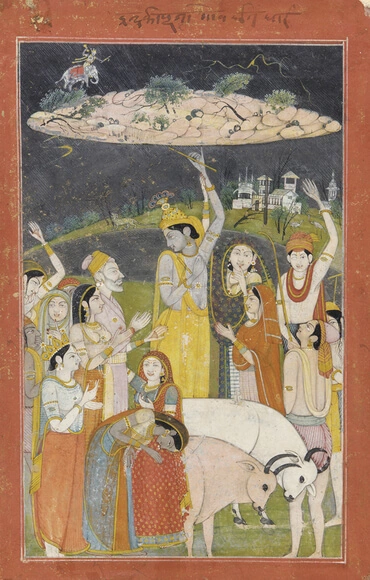1
โอ ปุโรหิตทั้งหลาย จงฟังข้อนี้ โอ วงศ์วานอิสราเอลเอ๋ย จงสดับ โอ ราชวงศ์กษัตริย์ จงเงี่ยหูฟัง เพราะเจ้าทั้งหลายจะต้องถูกพิพากษา เพราะเจ้าเป็นกับอยู่ที่เมืองมิสปาห์ และเป็นข่ายกางอยู่ที่เมืองทาโบร์
2
พวกกบฏได้ฆ่าฟันให้ลึก แม้ว่าเราได้ตีสอนเขาเหล่านี้ทั้งหมด
3
เรารู้จักเอฟราอิม และอิสราเอลก็มิได้ปิดบังไว้จากเรา โอ เอฟราอิมเอ๋ย เจ้าเล่นชู้ อิสราเอลก็เป็นมลทิน
4
การกระทำของเขาไม่ยอมให้เขากลับไปยังพระเจ้าของเขา เพราะจิตใจที่เล่นชู้อยู่ในตัวเขา เขาจึงไม่รู้จักพระเยโฮวาห์
5
ความเย่อหยิ่งของอิสราเอลก็ปรากฏเป็นพยานที่หน้าเขาแล้ว อิสราเอลและเอฟราอิมจึงจะสะดุดเพราะความชั่วช้าของตน ยูดาห์ก็จะพลอยล้มคว่ำไปกับเขาทั้งหลายด้วย
6
เขาจะไปแสวงหาพระเยโฮวาห์ด้วยนำเอาฝูงแพะแกะฝูงวัวไป แต่เขาจะหาพระองค์ไม่พบ พระองค์ทรงจากเขาไปแล้ว
7
เขาได้ทรยศต่อพระเยโฮวาห์ เพราะเขาเกิดลูกนอกรีต บัดนี้วันขึ้นค่ำจะผลาญเขาเสียพร้อมกับไร่นาของเขา
8
จงเป่าแตรทองเหลืองขนาดเล็กที่ในกิเบอาห์ จงเป่าแตรที่ในรามาห์ จงร้องตะโกนที่เบธาเวน โอ เบนยามินเอ๋ย มีคนตามหาเจ้า
9
ในวันแห่งการห้ามปรามนั้นเอฟราอิมจะรกร้าง เราได้ประกาศท่ามกลางตระกูลต่างๆของอิสราเอลให้ทราบถึงสิ่งที่จะเกิดขึ้นอย่างแน่นอน
10
เจ้านายของยูดาห์ได้กลายเป็นเหมือนคนที่ย้ายหลักเขต ดังนั้นเราจะเทพระพิโรธของเราเหนือเขาให้เหมือนอย่างเทน้ำ
11
เอฟราอิมถูกบีบบังคับ และถูกขยี้ด้วยการทำโทษ เพราะเขาตั้งจิตตั้งใจที่จะติดตามบัญญัตินั้น
12
เพราะฉะนั้นเราจะเป็นเหมือนตัวมอดต่อเอฟราอิม และเป็นเหมือนสิ่งผุต่อวงศ์วานยูดาห์
13
เมื่อเอฟราอิมเห็นความเจ็บป่วยของตน และยูดาห์เห็นบาดแผลของตน เอฟราอิมก็ไปหาคนอัสซีเรีย และส่งคนไปหากษัตริย์เยเร็บ แต่ท่านก็ไม่สามารถจะรักษาเจ้าหรือรักษาบาดแผลของเจ้าได้
14
เพราะเราจะเป็นเหมือนสิงโตต่อเอฟราอิม และเป็นเหมือนสิงโตหนุ่มต่อวงศ์วานของยูดาห์ เราคือเรานี่แหละ จะฉีกแล้วก็ไปเสีย เราจะลากเอาไป และใครจะช่วยก็ไม่ได้
15
เราจะกลับมายังสถานที่ของเราอีกจนกว่าเขาจะยอมรับความผิดของเขาและแสวงหาหน้าของเรา เมื่อเขารับความทุกข์ร้อน เขาจะแสวงหาเราอย่างขยันขันแข็ง







